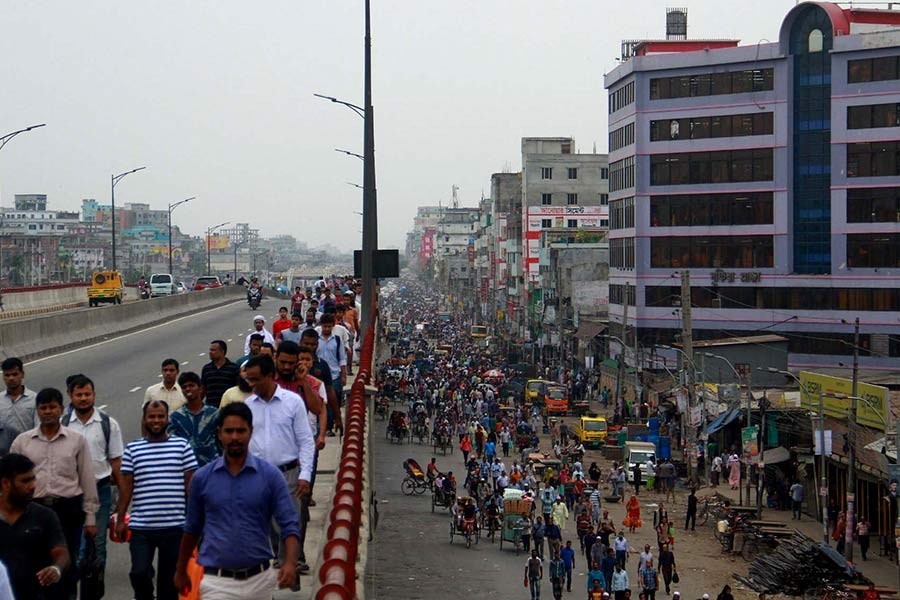One form of opposition to strike campaigns resorted to by governments was to highlight the billions lost to the economy. So when a strike is partly supported by a key figure in the government the person concerned has either lost credibility in the government or the labour unions he heads. Transport strikes hit daily incomes more than others. The workforce may be getting paid even during the strike but there's an added burden on the daily commuter that comes from his own pocket. Alternative forms of transport are available but the activity of thugs in dragging passengers and private vehicle drivers and blackening them with tar isn't a palatable alternative. When the schoolchildren took to the roads they refrained from harassment but this is not a lesson learnt. The perpetrators showed a thumb to broadcast journalism crews as they recorded footage. But then it won't be the first or last time that recorded footage is ignored by the law.
Similar to the school-children protests police played, obviously under instructions, the role of spectators not even turning up in their numbers and it left commuters puzzling over which side of right or wrong they were. Not helping has been the denial of the transport workers of the request by the Minister and General Secretary of Awami League, Obaidul Quader to withdraw the strike. The Minister has a point. With only a day before parliament's last session ends, there's no way to re-debate the new law, one that was enacted after three years of discussion with stakeholders.
Transport owners have not offered any alternative to the government Act on making the streets safer nor have they explained how and why non-licenced drivers end up behind the wheels of their vehicles. Similarly there are no solutions offered to vehicles running without valid and proper documentation. Proper passenger, commuter services are in the distant horizon as are matters such as overloading. In a way it is a pity that such a showdown takes place as the government's tenure ends. In between a rock and a hard place the government will have to decide which votes to defend and indeed how to maintain the balance.
The citizen has bent backwards in meeting increasing expenses such as unforeseen costs of transport fares - let there be no doubts that alternative transportation owners have had their day in the sun. But the added cost relates to prices of daily essentials and urgently required products such as medicine and fuel. Laws have to be fair but lawlessness cannot be allowed to thrive in a democracy. It is an ism that works to implement majority view and there's no second guessing which one should prevail.


